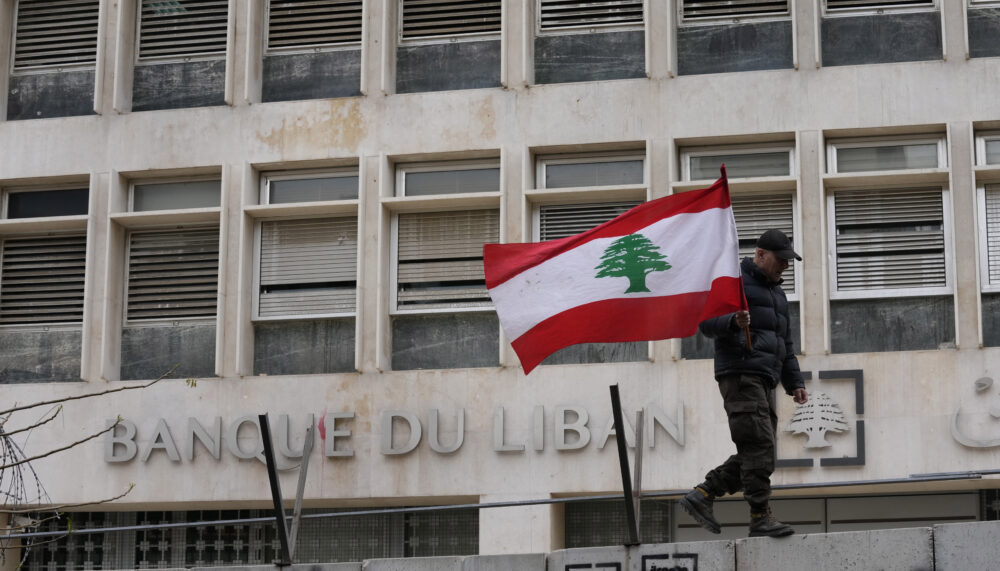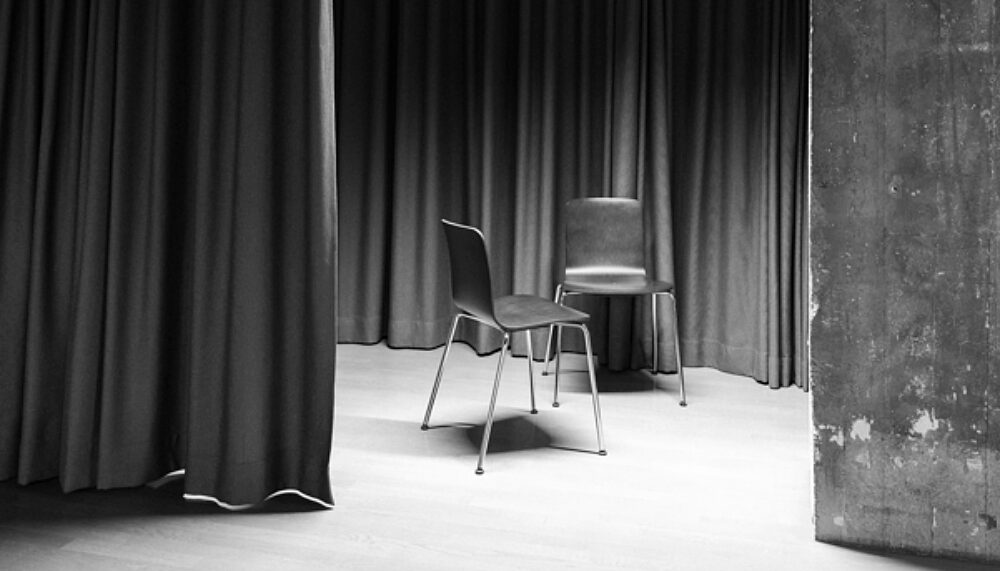BLOG POST | 31 May 2023
Humanitarian aid alone cannot save Lebanon
Only political stability can bring an end to Lebanon’s perpetual crises.

Nadine Francis-Pohle writes in her op-ed for Al Jazeera how to complement humanitarian aid to bring an end to the many crises in Lebanon.
By Nadine Francis-Pohle
With the world’s attention focused firmly on Ukraine, countless other countries in crisis have been forgotten – left to fend for themselves with not enough support from the international community.
Lebanon is one of these countries.
The ever-deepening humanitarian crisis in Lebanon requires an immediate response from the international community.
Decades of corruption and excessive spending by the ruling elite ran Lebanon into the ground. Since 2019, the Lebanese pound has lost 98 percent of its value, rendering salaries worthless. More than 80 percent of the Lebanese population is currently living in poverty. Public services and major infrastructure have collapsed, and households are suffering from an acute electricity shortage.
On top of all this, Lebanon is facing a massive exodus of mainly young, educated citizens. In the past few years, and especially since the devastating Beirut explosion, many in Lebanon have lost all hope for the future. Emigration in search of a better tomorrow has always been in the Lebanese psyche. But today, young people in Lebanon are more eager to emigrate than ever before.
This status quo, where precarity is the norm and everyone is looking for a way out, is not maintainable. The ever-deepening humanitarian crisis in Lebanon requires an immediate response from the international community.
In March, the European Union announced 60 million euros ($65m) in humanitarian aid for “the most vulnerable people” in Lebanon. At a time when Lebanon’s crisis is rapidly moving down the global priority list, and most international aid money is being redirected towards Ukraine, this gesture of goodwill was more than welcome. But the offered amount is not nearly enough to lift out of poverty the estimated four million people in the country who rely on humanitarian aid for their most basic needs.
This article was first published as an opinion piece on 26 May 2023 by Al Jazeera.
To raise awareness and to collect donations for our work in Lebanon, the Berghof Foundation joined 30 NGOs in the #IntoFocus campaign to shed light on "forgotten crises". Read more about the campaign and how people in Lebanon keep on fighting for a more peaceful future.
Sending humanitarian assistance to Lebanon is like putting a bandage on a bullet wound. It can provide some short-term respite, but cannot stop the bleeding – or save the patient.
What Lebanon needs today, alongside humanitarian aid to meet people’s immediate needs, is political stability. Only when political stability is achieved can the country start to heal its deep societal wounds and resolve its chronic economic crises.
One of the main obstacles to political stability in Lebanon is sectarianism. Sectarian divides have long decided the course of Lebanon’s history and are still preventing the country from reaching its full potential, and overcoming the many political and economic challenges it is facing.
The streets of Beirut witnessed sectarian violence as recently as October 2021, when clashes in the Tayouneh neighbourhood – along the former civil war front line between Christian and Muslim Shia neighbourhoods – resulted in seven deaths and 30 casualties, and left many Lebanese afraid of a return to civil war, which ravaged the country from 1975 to 1990.
This was despite recent ambitious attempts by the Lebanese people to throw sectarian divisions into the dustbin of history.
Lebanon can only come out of its chronic crisis by taking even bolder steps to bridge the sectarian divisions in society and by further encouraging inclusivity in politics.
In 2019, hundreds of thousands of people took to the streets across Lebanon to call for an end to the country’s sectarian governance system which reserves political offices for certain sects. In reflection of this loud call for systemic reform, elections in 2022 saw members of newly emerging non-sectarian political movements enter the parliament in a monumental victory for Lebanese civil society. Nevertheless, since the 2022 election, there has been no material change in the way the country is run and in the lives of struggling Lebanese citizens.
Lebanon can only come out of its chronic crisis by taking even bolder steps to bridge the sectarian divisions in society and by further encouraging inclusivity in politics. But as the aftermath of the 2019 protests demonstrated, the Lebanese cannot do this alone. The international community, while continuing to provide humanitarian aid to those struggling to meet their most basic needs, should also support long-term political and social reform efforts aimed at overcoming sectarian divides. This is essential to get the country out of its current catastrophic situation.

Since Lebanon’s devastating civil war, national dialogues aimed at bringing communities together and giving them space to build a united future became a part of Lebanon’s political and social fabric. While these dialogues proved indispensable in maintaining peace and harmony in the diverse country, largely driven by political elites reluctant to reform a system that gives them power, they failed to bring about meaningful, systemic change.
This means civil society should play a critical role in future national dialogue and reform efforts. By supporting a national dialogue effort which includes all sectors of society, the international community could help Lebanon’s communities discuss their grievances dating back to the civil war, which could be a first step towards mutual understanding and eventually forgiveness. Lebanon’s international partners and supporters could further strengthen these dialogues by investing in peace education, which could help stop Lebanon’s future generations from repeating the mistakes of their ancestors.
The Lebanese can bridge their divides, learn to find pride rather than anguish in the diversity of their nation, and revitalise their economy with sufficient support from the international community.
Media contact
You can reach the press team at:
+49 (0) 177 7052758
email hidden; JavaScript is required


